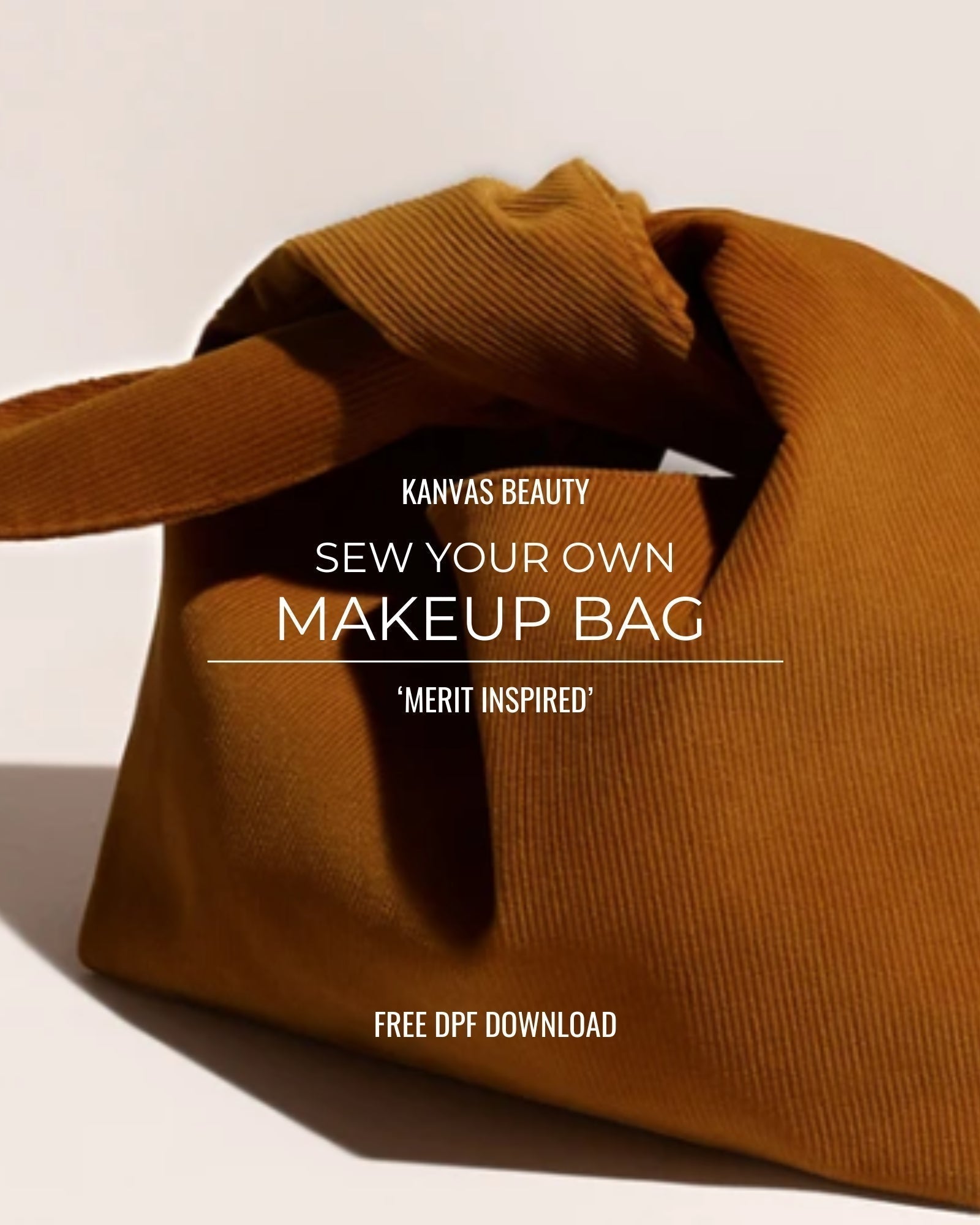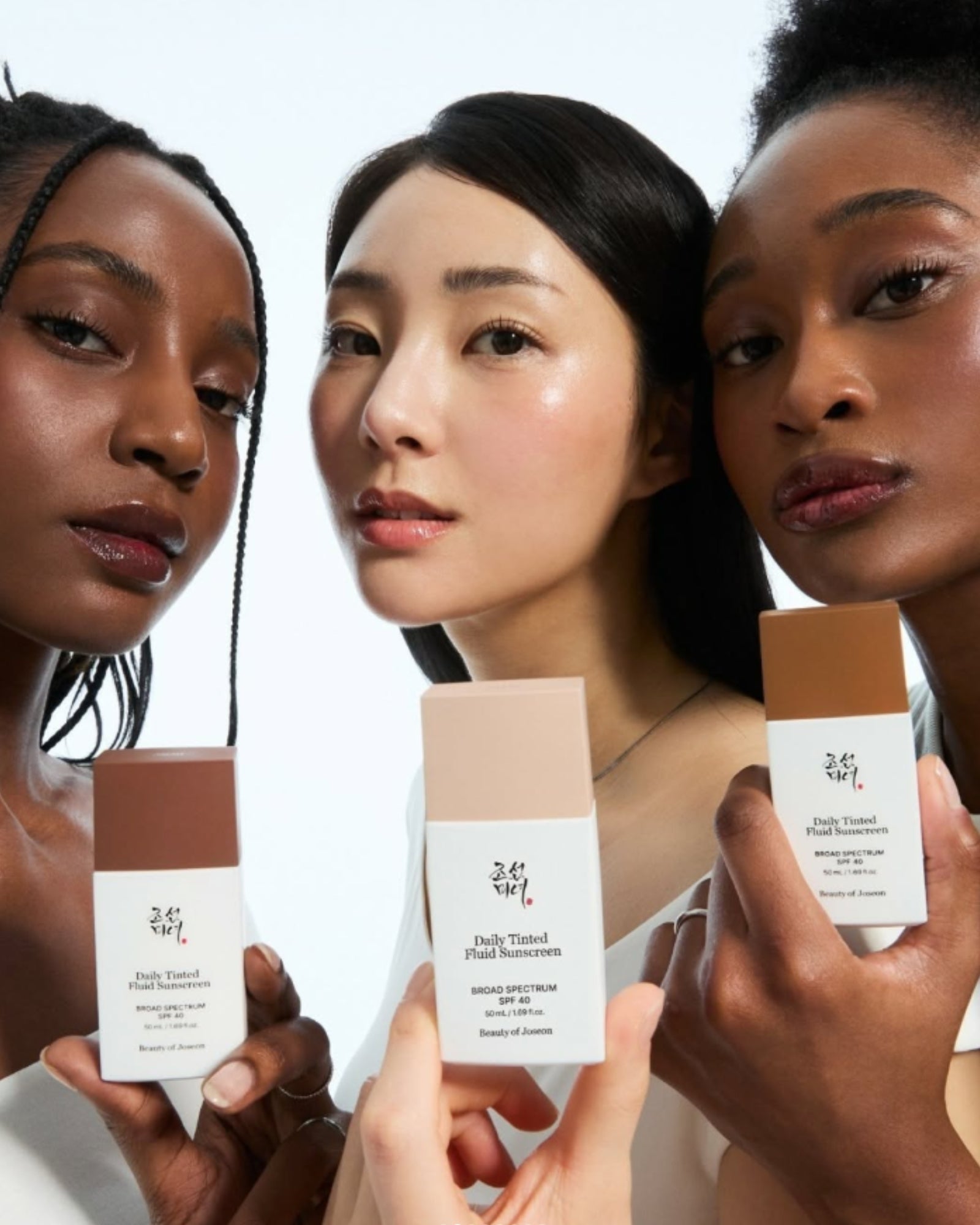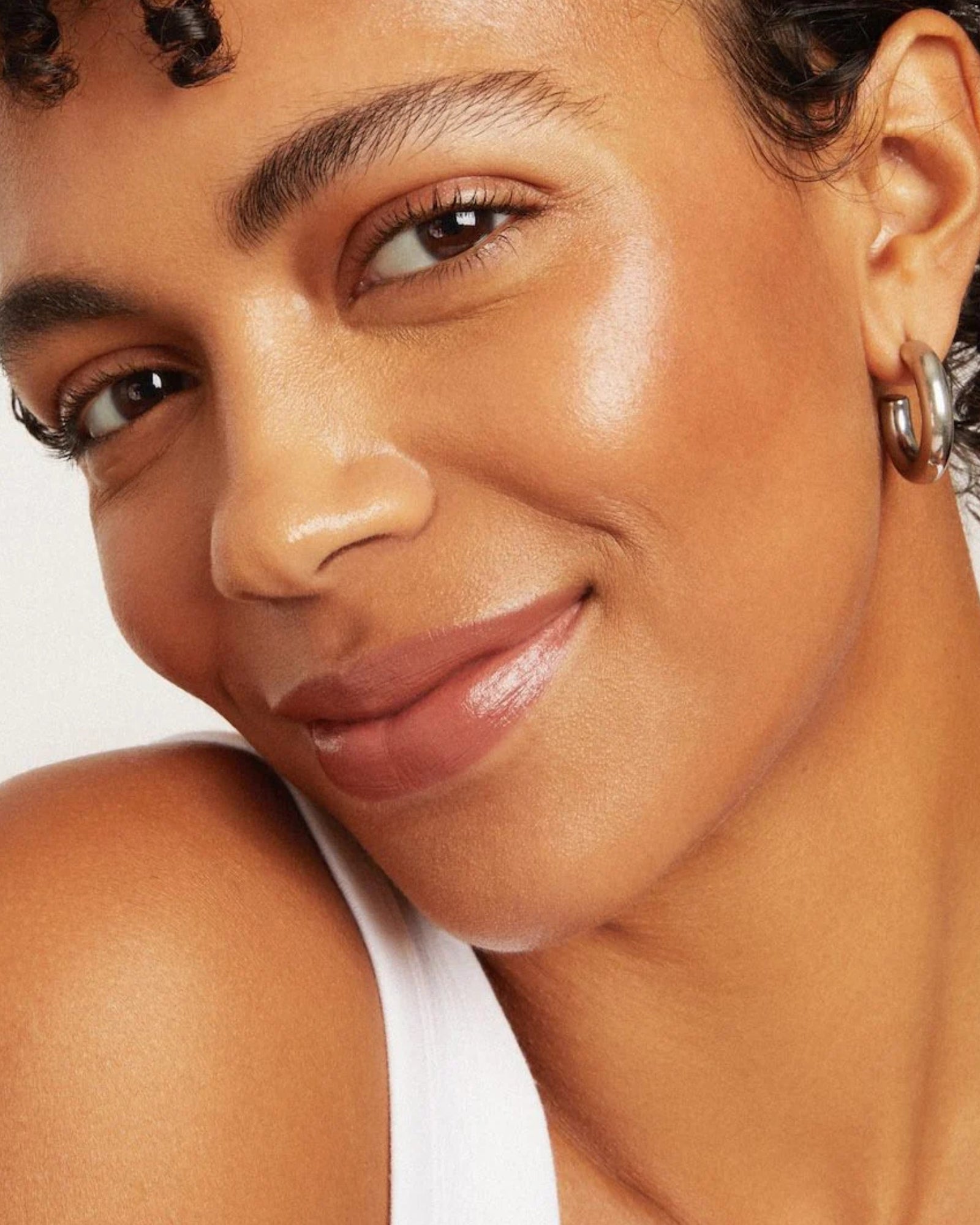Your Cart is Empty
Menu

Hyperpigmentation Situation? Here's how to treat (and get rid) of it.
by Kanvas Beauty December 28, 2020 5 min read

In this article we discuss hyperpigmentation, what it is, how it’s caused, and how best to treat it.
What is hyperpigmentation?
Hyperpigmentation is a broad umbrella term to describe dark spots (excess pigmentation) and uneven skin tone. It is usually harmless and can occur after acne or injury (dark scarring), during pregnancy (thanks, hormones), from melasma or just naturally with age and sun exposure.
Nearly all of us will experience it at some point in our lives, and for some of us, it’ll be a constant plague. The good news is that your skincare routine can effectively treat and in certain cases, vanquish Hyperpigmentation for good!

Prevention is better than cure
There are a couple of things you can do to prevent Hyperpigmentation, or stop it from becoming worse.
- One of the most important of these is wearing SPF, even on cloudy days. Sunscreen is critical to your skin’s health for a number of reasons. Excess sun exposure and skipping sunscreen prematurely ages your skin, produces sun spots, and darkens existing pigmentation.
- The other is to avoid picking at your face. This includes zits – which are so tempting to fiddle with. We’ve all been there! However, picking at scabs and pimples can cause permanent scarring and dark spots.
Good skincare can even out patchy skin
There are plenty of skincare ingredients that effectively treat Hyperpigmentation. Not all of them are suitable for everyone but here’s a table of the most common solutions, which skin types are a good fit.
|
Ingredient |
What it does: |
Suitable for: |
Not suitable for: |
|
Azelaic acid |
Significantly diminishes the appearance blemishes and evens out skin tone. |
Everyone. |
Even sensitive skin can benefit from using azelaic acid, as it can actually reduce skin sensitivity! |
|
AHAs |
• AHAs exfoliate surface-level skin, and is effective on light acne scars. |
Surface level scars and Post Inflammatory Hyperpigmentation (i.e. acne scarring). Our favourite products: • By Wishtrend Mandelic Acid 5% Skin Prep Water; • Jumiso Yes I Am Toner AHA 5%; and |
• Sensitive skin or skin with open sores. |
|
Kojic acid |
Kojic acid inhibits tyrosinase (the enzyme responsible for melanin production). This nifty ingredient can reduce and prevent the appearance of hyperpigmentation. |
Melasma, scars and sun damage. |
• Avoid if you have dematitis, are prone to sunburn or have sensitive skin as it can exacerbate these conditions. |
|
Retinol |
• Retinol speeds skin cell turnover, thereby fading dark spots faster (and erasing fine lines at the same time - bonus). • Note retinol is a highly active ingredient and involves a very gentle, gradual introduction. |
• Everyone can benefit from retinol use. Our favourite products: • By Wishtrend - Vitamin A-mazing Bakuchiol Night Cream; and |
• Pregnant women. |
|
Vitamin C |
The glow maker! Vitamin C will brighten dark spots and protect against UV damage. It can significantly fade hyperpigmentation after ~2 months of consistent use. |
• Everyone. Just be aware it is a notoriously unstable ingredient. Our favourite products: • Dear, Klairs Freshly Juiced Vitamin Drop • SVR Laboratories - Vitamin C Ampoule • Acure - Brightening Vit C & Ferulic Acid Oil Free Serum; and |
• Do not use if you're using benzoyl peroxide. |
|
Niacinamide |
A form of vitamin B3, this wonder ingredient is known to manage rosacea, acne, fine lines and of course, hyperpigmentation. |
• Everyone - it is a highly compatible ingredient. It works best in tandem with retinol. • Pregnant women can even use niacinamide as a safe alternative to retinol. Our favourite products: |
For people who are severely allergy-prone, niacinamide might not do you any favours as it can cause the body to release histamine. However, this isn't common (patch test first). |
|
Oligopeptide-68 |
It's strange how some really great skincare ingredients fly under the radar. This peptide is one of the best skin brightening ingredients, even more so than Vitamin C. It provides almost instant results. |
Everyone. Our favourite products: |
Peptides suit any skin type. But as with any new skincare product, always patch test first. |
|
Arbutin |
Arbutin is a naturally occurring derivative of hydroquinone without the harmful side effects. It lightens dark spots and evens out skin tone. |
Everyone. Our favourite products: • Some By Mi Yuja Niacin Blemish Care Serum; • Beauty of Joseon - Glow Deep Serum (2% Arbutin); and • AXIS-Y - Dark Spot Correcting Glow Cream.
|
Note that heat can degrade the effectiveness of this ingredient, so make sure to store your arbutin product in a cool, dry place. |
|
A solid moisturizer |
• A great moisturizer (think glycerin, sunflower oil, aloe vera and hyaluronic acid) is the cherry on the top of a great hyperpigmentation routine. |
Everyone, even oily skin, should moisturize! Our favourite products: |
Is there anyone that shouldn't moisturize? |
|
Aloe vera |
Bet you didn't know Aloe Vera helped with hyperpigmentation! It contains a compound called Aloesin which inhibits the production of melanin in the skin. |
Everyone, especially those with sunburnt, rosacea-prone and sensitive skin. Our favourite products: • Jumiso - Super Soothing Cica & Aloe Facial Serum • Benton Aloe BHA Skin Toner; and • UpCircle Beauty - Cleansing Face Milk with Oat Powder and Aloe Vera |
Aloe vera is one of the safest skincare ingredients around. |
|
Licorice |
Research suggests that glabridin (commonly present in licorice root) has anti-inflammatory, antioxidant, and skin-brightening effects. |
Everyone. Our favourite products: • Acwell - Licorice pH Balancing Advance Serum • Acwell - Licorice pH Balancing Extreme Moisture Cream; and |
While pregnant women should avoid eating licorice, licorice in skincare is generally considered safe. |
For a complete range of hyperpigmentation-combatting products on Kanvas Beauty, check out our dedicated page to evening out your skin tone!
Leave a comment
Comments will be approved before showing up.
Also in Kanvas Kult Blog

Kanvas Beauty Makeup Bag Sewing Pattern - Free PDF Pattern
by Kanvas Beauty July 30, 2025 3 min read
Read More
Beauty of Joseon Daily Tinted Fluid Sunscreen Review
by Kanvas Beauty February 13, 2025 5 min read
Our honest Beauty of Joseon Daily Tinted Fluid Sunscreen Review.
Shields like SPF, looks like tint, feels like skincare. That's the tagline of Beauty of Joseon's new Skin Tints and ahhh it sounds so good! We were lucky enough to receive promotional samples from the brand, and here's what we thought (TDLR; it's freaking amazing and we can't wait to stock it).

My Axiology Fungdation Review (with swatches)
by Kanvas Beauty February 11, 2025 5 min read
An honest Axiology Foundation Review.
We saw the promo for Axiology's new mushroom-infused foundation. It's called Fungdation and it looked so good! Kellie couldn't wait to try it. Here's what she thought, as well as pics on how it looks on the skin. TLDR; it isn't for everyone, but which foundation is? If your skin type and texture preference matches the Fungdation profile, you'll never look back.
BROKE AF!? WANT $20 OFF YOUR FIRST ORDER?
BECOME A KULT MEMBER AND JOIN THE PINK SIDE
💗
Join us for even more rewards, discounts, freebies and a special surprise on your birthday!
